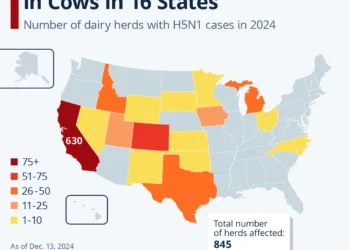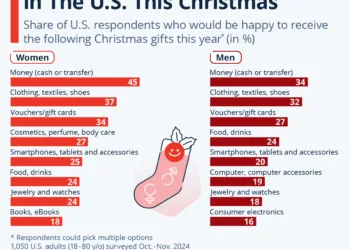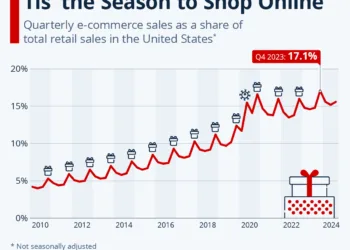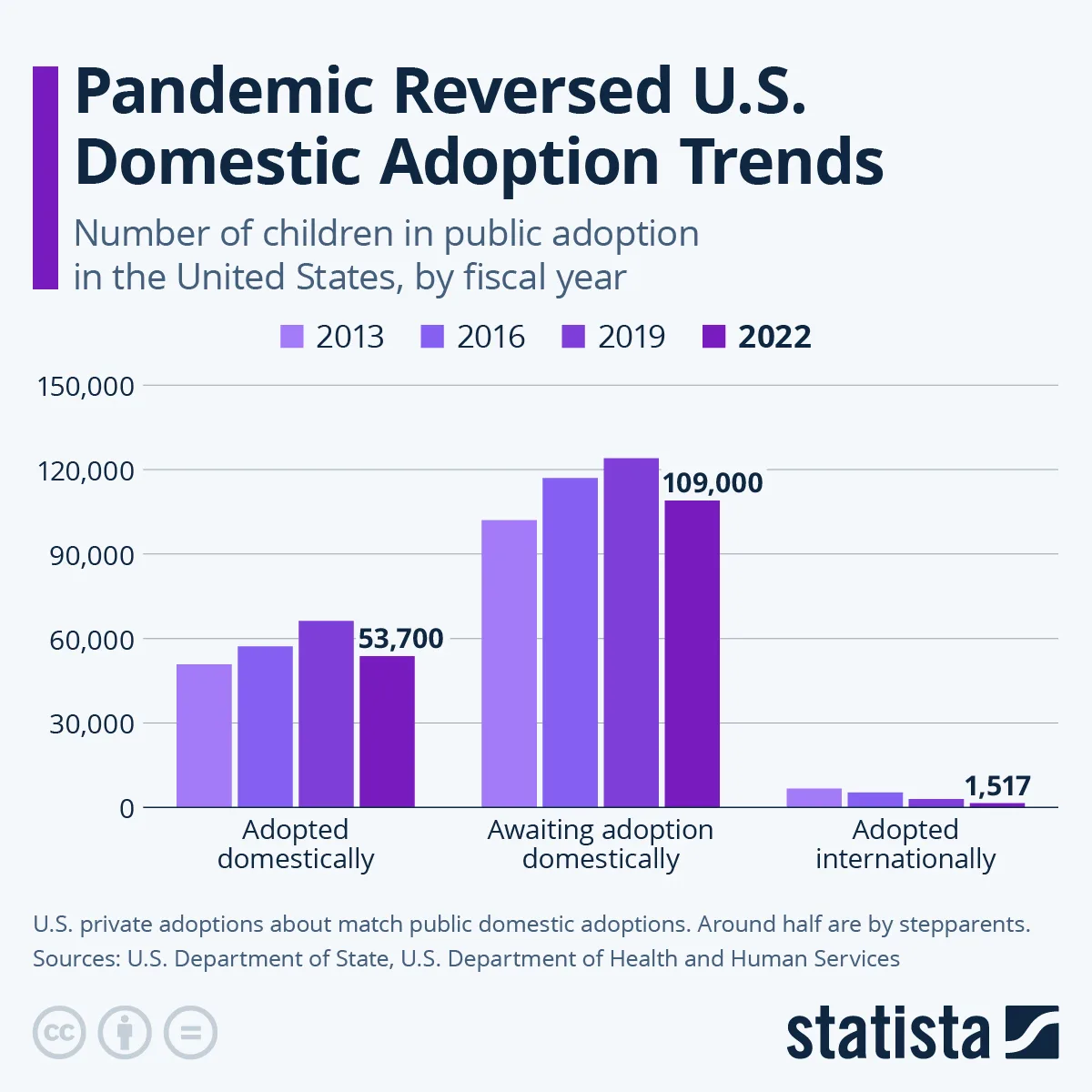When Joe Biden ran for president as the Democratic candidate in 2020 and is campaigning again in 2024, he positioned his candidacy as a mission to defend democracy from the perceived danger posed by Donald Trump.
In contrast, Kamala Harris has pivoted from this narrative, advocating instead for the concept of safeguarding and promoting freedom. This idea of freedom has emerged as a key theme in numerous ads and speeches from her campaign. Her slogan, “we are not going back,” is designed to raise awareness about increasing concerns over the potential erosion of freedoms in America.
As researchers examining citizens’ dedication to democracy, we have identified several reasons why framing the campaign around freedom might resonate more effectively with voters than a focus on defending democracy. One notable finding from our studies and those of others is that many Americans show limited concern for the intricacies of democracy itself.
### Significant Support for Disregarding Democratic Principles
Our research indicates that when individuals perceive threats to their values, they may endorse political leaders who promise to protect them from those threats, even if it means compromising democratic principles like free speech and abiding by established laws. In a nationally representative survey conducted in 2019 with 1,500 respondents, we observed that a considerable number of Americans would back leaders willing to sidestep democratic norms.
A significant number of Americans, regardless of political affiliation, express a desire for leaders who are prepared to take a hard stance against groups they consider intimidating. Many respondents are also supportive of bending established rules to safeguard the interests of people “like them.” Interestingly, those who identify as Republicans are particularly inclined towards this mindset.
A March 2024 survey by the Public Religion Research Institute found that over 40% of Americans resonate with the sentiment: “Because things have gotten so far off track in this country, we need a leader willing to break some rules if that’s what it takes to set things right.” This perspective is endorsed by half of Republican respondents.
It’s worth noting that emphasizing threats to democracy doesn’t seem to be an effective strategy. Recent political science studies reveal that negative messages highlighting Trump’s perceived threat to democracy are less impactful than proactive communications focusing on the positives of Harris’s agenda.
Other research suggests that while fear can provoke thought, it does not necessarily motivate action. In contrast, messages filled with enthusiasm can spur participation in the electoral process. The challenge lies in determining what can generate that enthusiasm among voters.
### Is Freedom the Key?
Historically, the two major parties in America have approached voter mobilization in very distinct ways. Republicans have effectively capitalized on symbolic values and ideologies, often framing their messages around abstract notions like freedom. On the other hand, Democratic candidates have conventionally focused on policy-driven narratives to appeal to a diverse array of social groups.
For instance, during the debates surrounding the Affordable Care Act, Republican opponents characterized the legislation as an infringement on individual freedom, warning of governmental overreach. This thematic approach played a critical role in many Republican victories during the 2010 congressional elections, as Democrats were more focused on the benefits for specific demographic groups rather than promoting a unifying ideological cause.
However, Harris’s campaign appears to be shifting this traditional Democratic strategy. She has portrayed restrictive abortion policies as violations of personal freedom and has stressed the protection of rights and freedoms for marginalized communities, including people of color and LGBTQ Americans.
Even Tim Walz, her running mate, echoed this message during the Democratic National Convention, asserting that “Kamala Harris is gonna stand up and fight for your freedom to live the life you want to lead,” emphasizing a commitment to universal freedoms.
### Will This Approach Succeed?
The success of this new emphasis on freedom in the campaign is still uncertain, but there are indications that it could resonate with voters and yield broader benefits for American society.
Freedom represents a fundamental American value. For much of this century, it has been largely defined by the Republican Party as the absence of government interference in private lives. This framework has underpinned policies advocating for lower taxes, reduced regulation, and fewer social services.
The Harris campaign is beginning to propose an alternative vision of freedom, which emphasizes a lack of control over individuals by others. This idea aligns with the theory of “freedom from domination,” suggesting that citizens should exist in conditions where no one has unjust authority over another.
Achieving this type of freedom entails recognizing that government policies can aid in creating environments that enhance individual autonomy. By addressing barriers like access to childcare, healthcare, or education, social policies can empower individuals to make meaningful life decisions.
Regardless of their preferred definition of freedom or political allegiance, Harris’s decision to center the campaign around freedom is significant. It sets the stage for a competitive dialogue between parties regarding this essential American concept and steers discussions away from retaliatory politics.
While countering threats to democracy may not always be straightforward, Harris’s forward-looking approach may offer a viable strategy. If she emerges victorious in November, it could signal that focusing on shared values like freedom is a more effective means to address the challenges facing democracy, rather than merely highlighting the threats.











